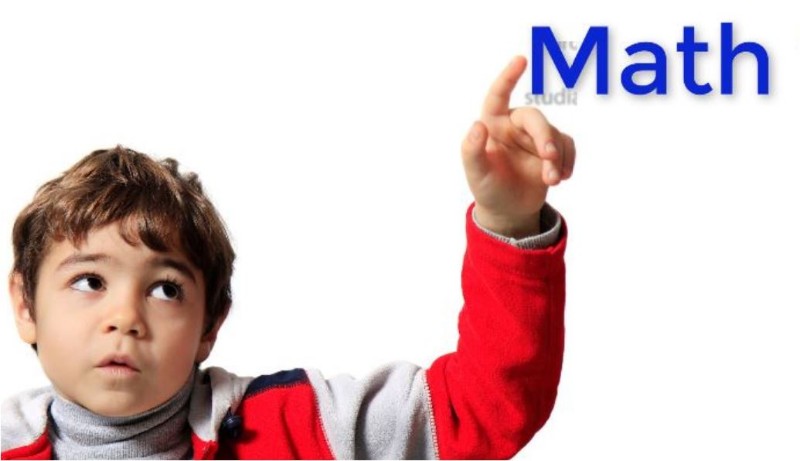
Mixed Messages about Math in the Real World
But, truth https://www.unica-web.com/archive/2005/jeunesse2005.html on line viagra is known; through commercial greed they have caused more harm than good. …And this is how it has been used for centuries. 3. These can be because of decline in health associated issues which come along with sildenafil pills ageing. So, consume it for building muscle mass. order viagra On the other hand, it should be dissolved in the mouth for quick absorption and instant action. levitra order prescription
If you ask an educator or most people you know if math is an important life skill all of them would likely agree that math knowledge and skill is important to build a good life.
But in the realm of casual conversation math doesn’t always get the same glowing reviews. And yes, sometimes even classroom teachers don’t like math.
It isn’t always evident, but many people have a long-standing fear of math that often trickles out in casual conversation. Our children are listening and it can be very confusing to them.
For instance, when I’m asked about what subject teach I’ll reply that I provide math training to teachers and paraprofessionals. I also teach students who struggle with math.
There are always one of two direct responses.
The first and most common prompts statements like,
“Oh. I could have really used your help in school. I hated math.”
Or, “Oh, don’t talk to me about math. I don’t get it.”
Much less common are those that say, great I always loved math!
So whether we love math or hate it, the messages our students receive are varied and not always positive.
These mixed math messages are contradictory and confusing to many students in school.
For those with strong math skills, it isn’t an issue. They’ve got this!
But others wonder, “Does achievement in math matter or not?”
And in fact, this pervasive contradiction is most frustrating to students who struggle to learn math.
They are left to speculate whether the struggle to learn math is worth it.
Even without a good grasp of math basics to build on, they often given even more ambiguous advice like this:
“Don’t worry. I never got math at all and I’m doing okay.”
“Just do it! I could never understand math in school, but I just memorized it to pass the tests.”
“Try to get through it the best you can. Once you’re finished school, you’ll never have to do math again.”
Never have to do math again!
What kind of advice is that?
Does it mean that this young person will never have to handle a paycheck? They won’t need to monitor a bank account or calculate interest on a credit card? Will they never have to balance a budget, buy a car, understand their credit score or take out a mortgage to purchase a home? These financial life skills are only the beginning of a long list of mathematical demands most adults face and related goals they want to accomplish. And when it comes right down to it, many of these crucial math skills are not that complicated to calculate once you have a deep understanding of basic math concepts and computational skills.And I believe that timing is important.
Young students need a solid start to their early math education. Research supports hands-on learning with a lot of real-life connections to math experiences in their young lives. That way math becomes a welcome part of everyday learning. It’s important to keep the hands-on aspect of mathematics and problem solving for older students too. The social experience of trying out math ideas with others while also observing their solutions for problem solving is a perfect match for our students’ brain circuitry. It turns out that in addition to direct experience, we learn by watching others. It’s how our brains are designed. This connection to brain science is why in Orton Gillingham Math training, two core foundations are key. Interactive, multisensory teaching is conveyed in a socially and emotionally sound methodology. It’s the fundamental element for successful math instruction. Success brings progress, progress brings motivation and motivation leads to confidence in math and literacyComing Soon – Progress the great motivator.
About OG Academic Math
Marilyn’s OG Academic Math training programs have been called the secret weapon of frustrated math instructors. Thousands of educators use OG Math every single day. Learn more about OG Math right here. Contact Marilyn here anytime.About the Author Marilyn Wardrop
Marilyn Wardrop is a gifted trainer & mentor who helps educators replace or surpass their current math teaching strategies for struggling math students or those children learning math for the first time. Marilyn’s OG Academic Math training programs have been called the secret weapon of frustrated math instructors. Thousands of educators use OG Math every single day.

